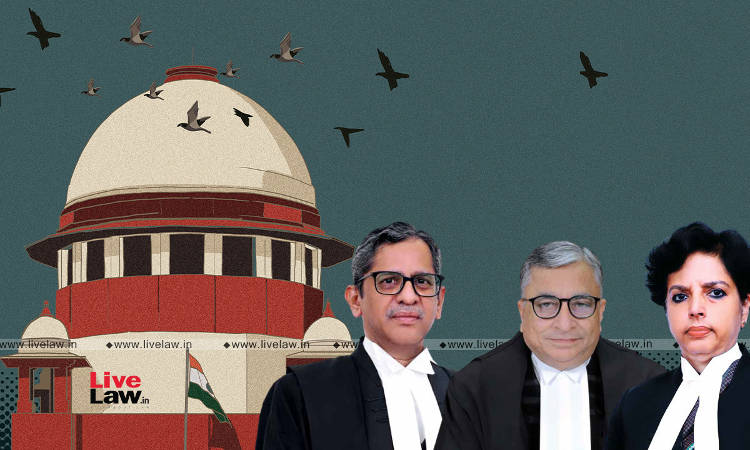2018 Amendment To Specific Relief Act Prospective ; Cannot Apply To Transactions Which Took Place Prior To 1.10.2018: Supreme Court
Ashok KM
27 Aug 2022 2:00 PM IST

Next Story
27 Aug 2022 2:00 PM IST
Note - This judgment was reviewed and recalled on November 9, 2024. The Supreme Court held that the 2018 amendment to the Specific Relief Act is prospective and cannot apply to those transactions that took place prior to its coming into force [1.10.2018].The bench of CJI NV Ramana, Justices Krishna Murari and Hima Kohli observed thus while allowing an appeal arising out of a specific...
